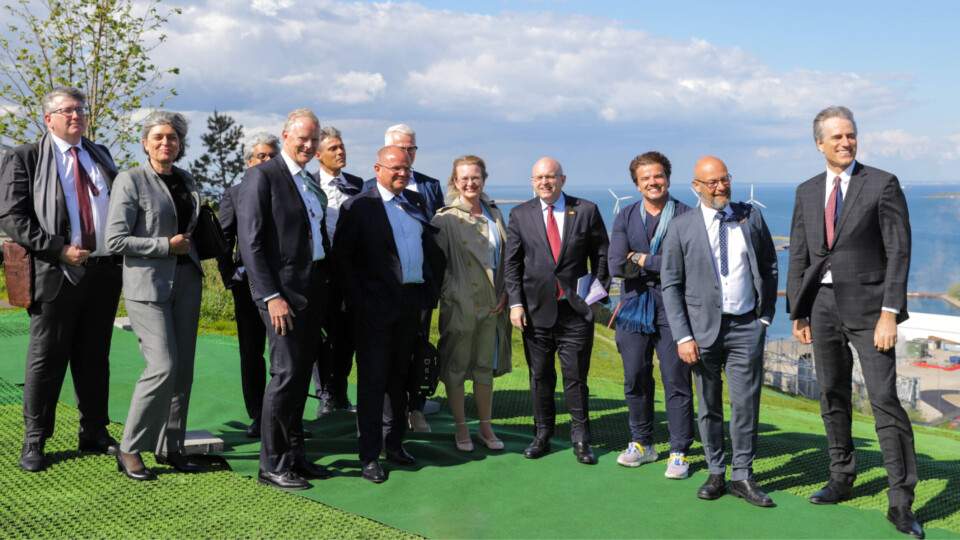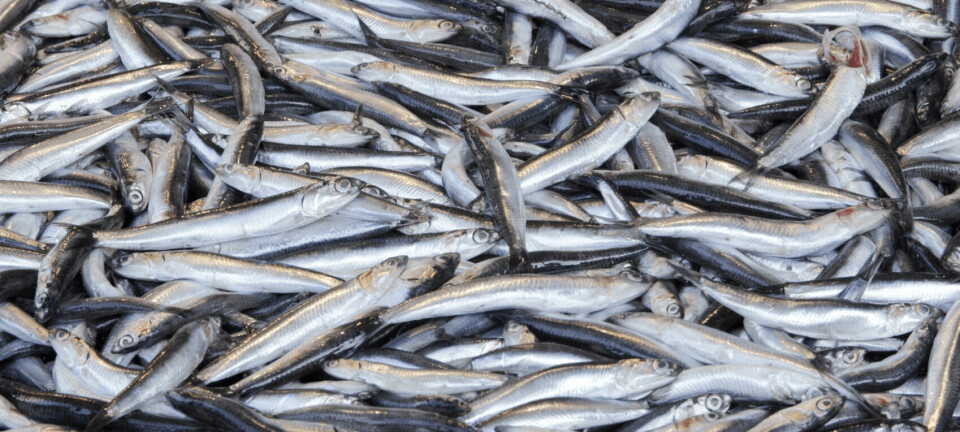
Bureaucracy is stopping seaweed taking root in US, warns Ocean Rainforest boss
Seaweed farmer Ocean Rainforest has taken the chance to flag up the difficulties that the United States’ many regulatory hurdles pose to expansion of the industry.
The Faroese company’s chief executive, Ólavur Gregersen, was among innovators invited to meet a delegation from the US Department of State led by Acting Assistant Secretary Philip Reeker in Copenhagen, Denmark, earlier this week.
Ocean Rainforest has developed a scalable seaweed cultivation system for offshore and nearshore locations that has been extensively tested in the Faroes and is leading a consortium demonstrating the feasibility of a similar system off the coast of California in the Pacific Ocean, with significant funding from the ARPA-E Mariner program within the US Department of Energy.
Regulatory hurdles
At the meeting with the US delegation, the company pointed out that regulatory hurdles pose an immediate challenge to developing the seaweed industry given that permitting large-scale, offshore operations requires substantial due diligence across an array of local, state, and federal agencies – an endeavour that is quite costly and time consuming.
Ocean Rainforest said this problem persists throughout coastal countries across the Atlantic Ocean, and these processes must become more efficient and expedient before the industry is able to release the full sustainable potential of the social, environmental, and economic impact.
Seaweed has high value potential as an additive in food and feed, with ability to reduce methane emissions in ruminant animals, and has a potential to replace fossil-based products such as plastic and fuels.

Eager to collaborate
“Ocean Rainforest is keen to participate in transatlantic initiatives and is eager to collaborate in sustainable ocean energy projects by growing seaweed while making a unique contribution to our blue planet,” said Gregersen.
The labyrinthine permitting process faced by anyone wishing to develop any form of aquaculture in US waters is well-known to finfish farmers.
Stronger America Through Seafood (SATS), a seafood industry lobby group, is among organisations and companies supporting a bipartisan aquaculture bill that would streamline permitting.
Former President Donald Trump issued an Executive Order aimed at cutting the red tape entangling aquaculture applications, but it has not yet led to an increase in marine fish farms. Animal rights charity PETA and Kip Anderson, producer of the controversial and partially discredited Netflix film Seaspiracy, have asked President Joe Biden to rescind the order.




















































